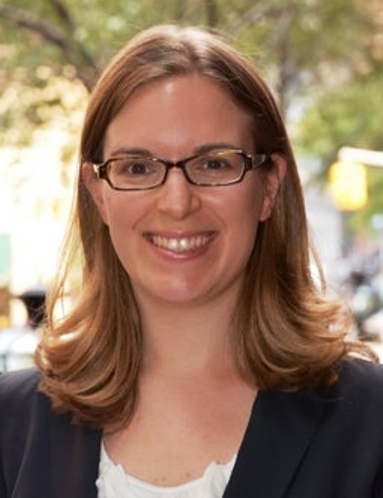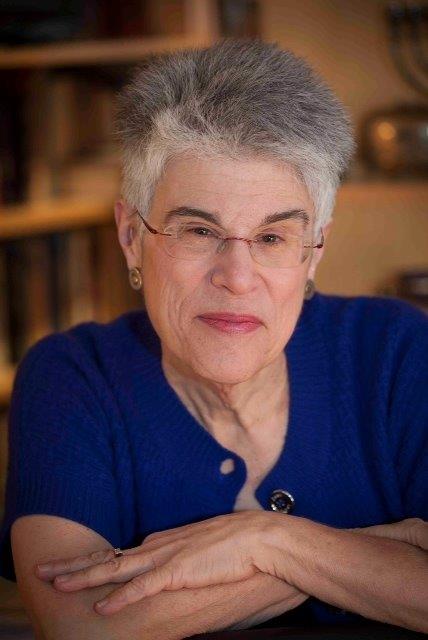Communities of Practice
What is a community of practice? A T’ruah community of practice will bring together 10-15 chaverim in good standing for shared learning and support as they work to advance human rights in a particular field. Each person is working on the issue independently, in their own rabbinate/cantorate — the group leaning is meant to enhance...
read more

Paying Priests, Paying Parents
This past weekend, many of us celebrated Father’s Day to honor the important work our dads do. A month ago, we did the same thing to honor our mothers: BBQs and brunches, phone calls and cards in the mail, “Number 1 Mom” mugs and “World’s Best Dad” baseball caps. As a congregational rabbi, I spend...
read more

Private Prisons, God’s People
A number of years ago my husband’s nephew suggested that we invest some funds with him in high-risk high-yield bonds. We did. After earning a good return, I asked my husband what his nephew had done with our money. He answered that his nephew, among other ventures, had invested in for-profit prisons. I was horrified....
read more

All God’s Creatures Great and Small (Parshat Noach)
The dominion over animals given to humans in Genesis 1:27, compared with the rabbis’ notion that humans were created equal to the rest of creation, is an example of God’s and our own ambivalence about being the stewards of every other plant and animal species. Noah’s care of the animals, taken in light of permission to eat them, seems to suggest that he owns them and can do what he wants with them. We, like God and our Sages, seem also to be ambivalent about our role as stewards of the rest of creation.
read more
